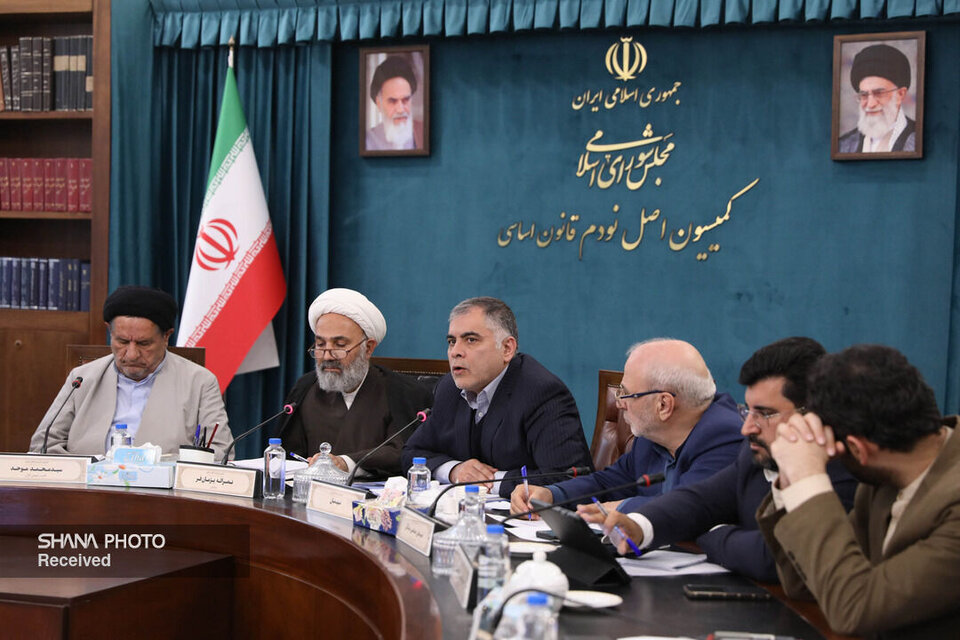On Tuesday, in a meeting with members of the Iranian Parliament, Oil Minister Mohsen Paknejad stressed that building pressure-enhancement facilities at South Pars is critical, saying it is more important than basic daily necessities. He added that necessary financial arrangements for the project have been made.
Paknejad also noted that legal preparations for attracting investment in energy-intensive industries, such as petrochemical holdings and steel industries, for gas fields in the country have been completed.
He emphasized that the private sector can invest in these projects and receive returns in the form of gas deliveries.
The minister explained that the country’s energy imbalance, which stems from years of underinvestment in upstream oil and gas sectors, is a long-standing issue. He said the Ministry of Oil is responsible for investment and production from gas fields, but that importing and swapping gas can only partially address the imbalance, not solve it entirely.
14 mcm of gas added to national network
Paknejad said that without better management and optimization of gas consumption, even with increased investment in production, the country cannot meet the rapidly growing demand for gas in recent years.
He revealed that with colder weather this year, gas consumption in the residential, commercial, and non-major industrial sectors has reached about 670 mcm per day.
Meanwhile, around 850 million cubic meters of sweet gas have been injected into the national grid, reflecting an increase of 14 mcm compared to the same period last year.
He explained that after supplying gas to households, the remaining gas must be allocated to power plants and major industries, with restrictions. While this is not ideal for the public or the country, it is an unavoidable reality.
Paknejad emphasized that the 14th administration is focusing heavily on increasing production capacity in the upstream oil and gas sectors, but more importantly, the focus needs to be on managing and optimizing consumption. This includes both pricing and non-pricing strategies, with the ministry prioritizing non-pricing solutions.
He suggested that using high-efficiency gas steam could be a key non-pricing method for managing and optimizing consumption. Both public and private sector investment in this area could help reduce gas consumption in residential and commercial sectors.
He added that Iran faces a winter gas deficit of 250 to 300 mcm per day and a summer deficit of 100 million cubic meters, meaning optimizing consumption is the only viable solution in the coming years.


Your Comment